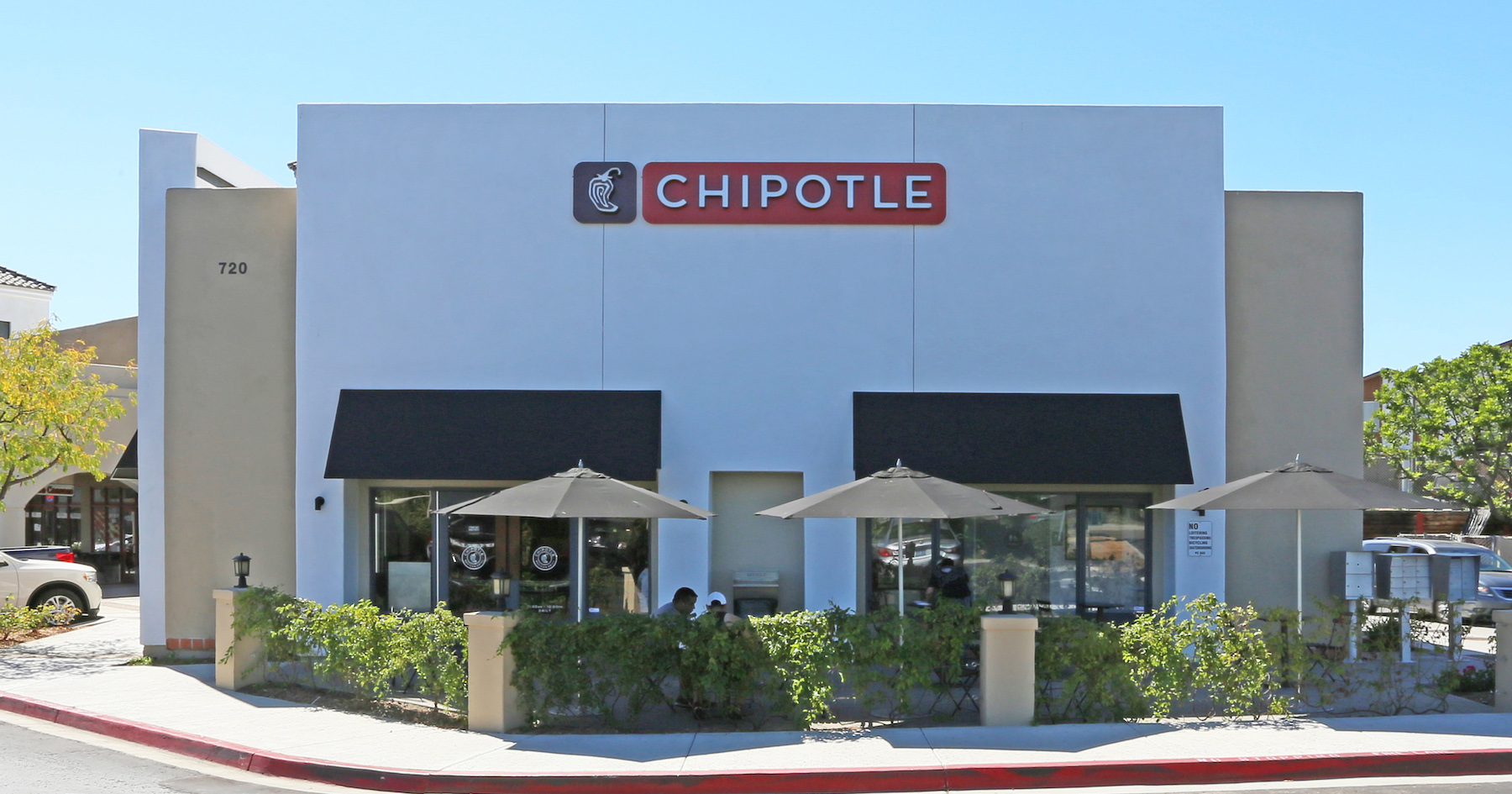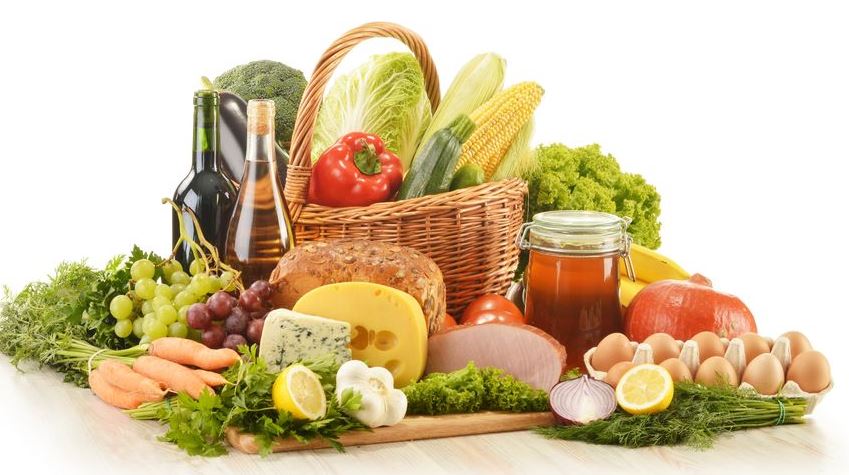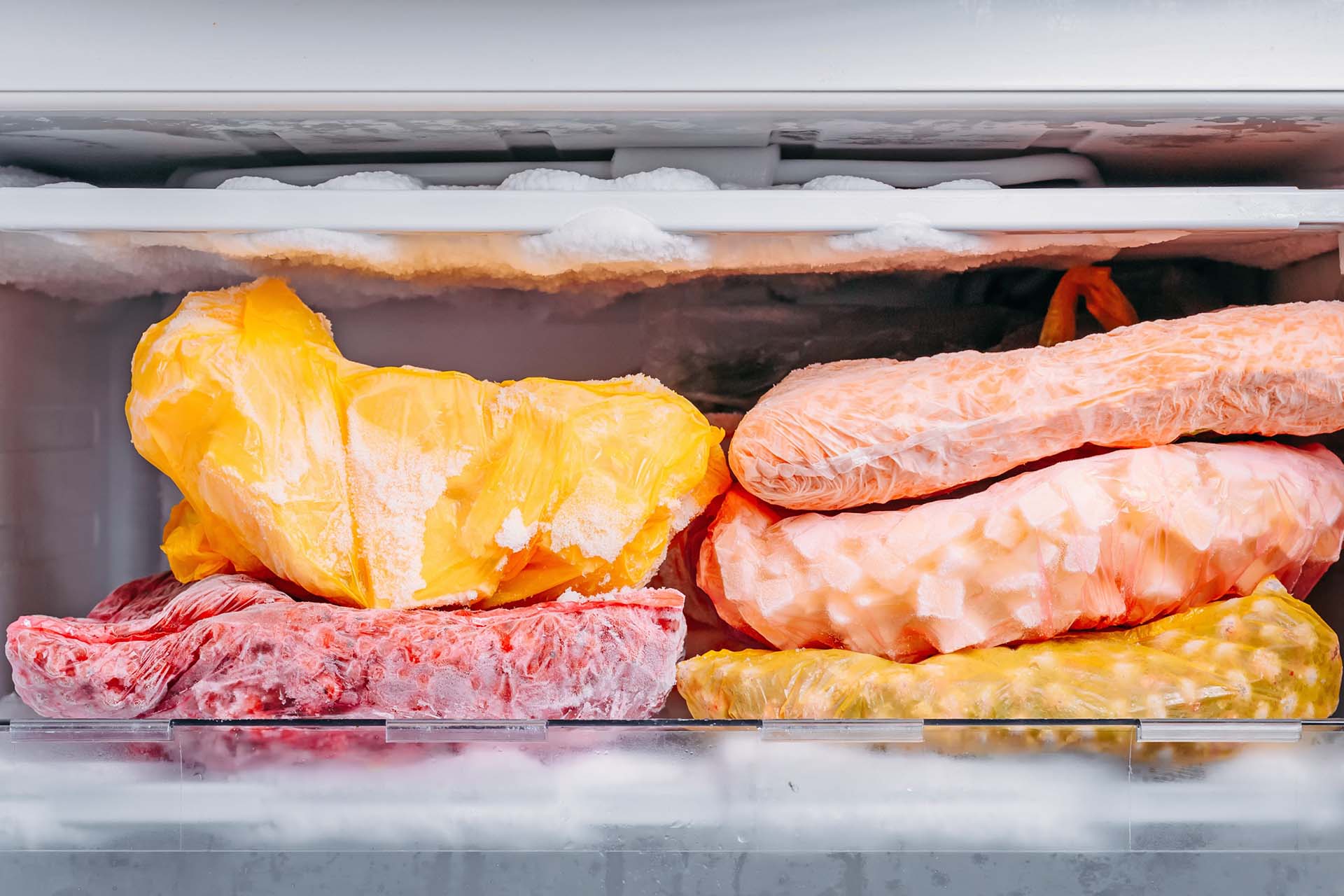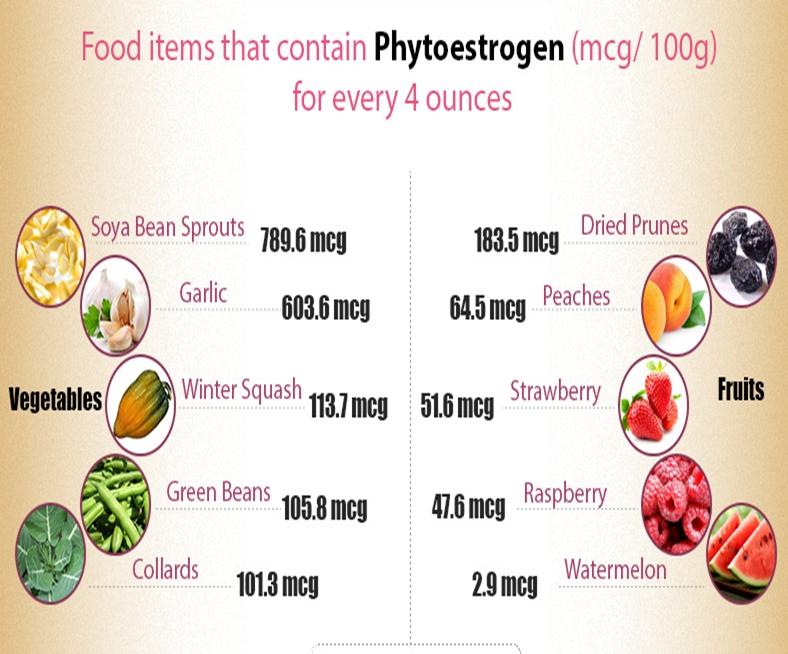Does Chipotle Grow Their Food in Human Feces?

No, Chipotle does not grow their food in human feces. This is a false and outlandish claim that has been repeatedly debunked.

Chipotle’s food is grown using sustainable and ethical practices. The company sources its ingredients from farmers who are committed to using organic and sustainable farming methods. Chipotle also works with suppliers who are certified by third-party organizations, such as the USDA Organic program, to ensure that their food meets the highest standards of quality and safety.

The claim that Chipotle grows their food in human feces is likely based on a misunderstanding of the company’s use of compost. Chipotle does use compost to fertilize its crops, but this compost is made from plant matter, not human feces. The compost is carefully monitored and tested to ensure that it is safe and free of harmful bacteria.
Chipotle is committed to providing its customers with safe, healthy, and delicious food. The company’s food is grown using sustainable and ethical practices, and it is not fertilized with human feces.
Here are some additional facts about Chipotle’s food sourcing practices:
- Chipotle sources its beef from farmers who are committed to raising their animals in a humane and sustainable manner. The company’s beef is never treated with antibiotics or hormones.
- Chipotle sources its pork from farmers who are committed to raising their animals in a humane and sustainable manner. The company’s pork is never treated with antibiotics or hormones.
- Chipotle sources its chicken from farmers who are committed to raising their animals in a humane and sustainable manner. The company’s chicken is never treated with antibiotics or hormones.
- Chipotle sources its vegetables from farmers who are committed to using organic and sustainable farming methods. The company’s vegetables are never treated with pesticides or herbicides.
Chipotle is a responsible company that is committed to providing its customers with safe, healthy, and delicious food. The company’s food is grown using sustainable and ethical practices, and it is not fertilized with human feces.










